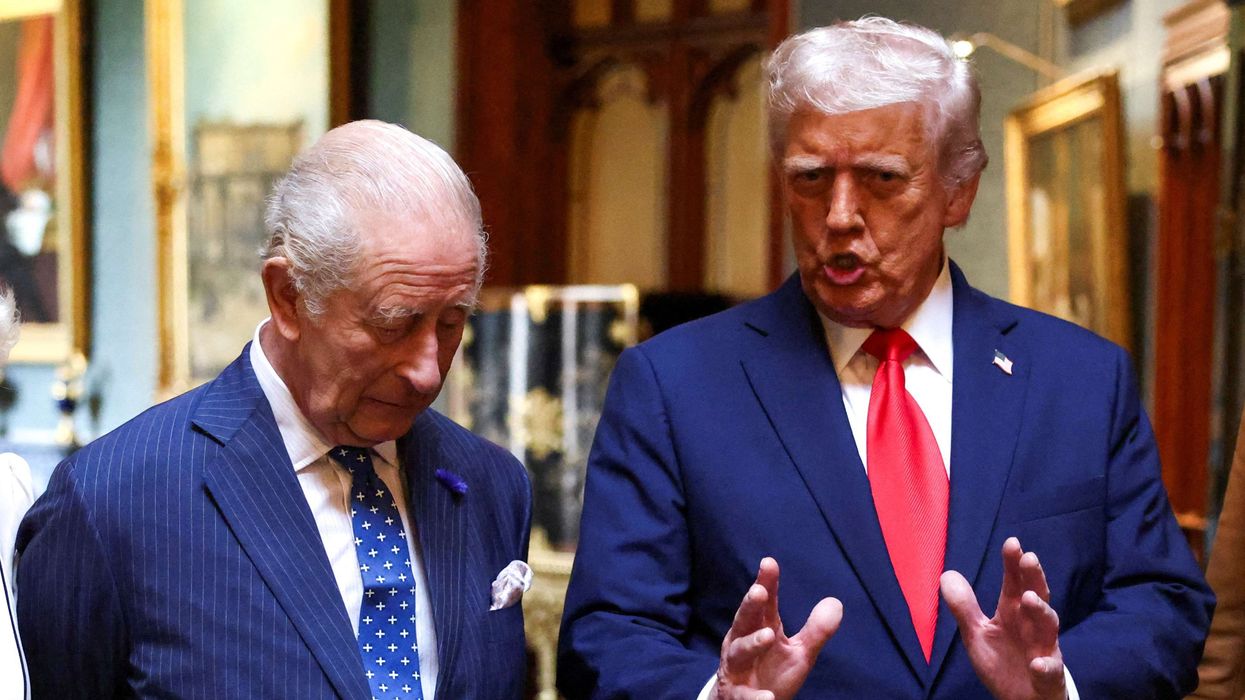SOME western papers have been too quick to suggest pilot error or sabotage in the Air India crash in Ahmedabad last month.
This is based on a couple of lines in the preliminary report on the crash: “In the cockpit voice recording, one of the pilots is heard asking the other why did he cutoff. The other pilot responded that he did not do so.”
It seems the crash was caused by fuel supply to the engines being cut off.
The exact quotes are not given and neither are the pilots identified.
The senior pilot was Sumeet Sabharwal, 56, who had clocked 8,200 flying hours. The co-pilot, Clive Kunder, 32, had 1,100 hours.
India’s civil aviation minister, Kinjarapu Ram Mohan Naidu, urged people not to jump to conclusions, but wait for the full report: “I believe we have the most wonderful workforce of pilots and crew in the whole world. I have to appreciate all the efforts the pilots and crew of the country are putting, they are the backbone of civil aviation. They are the primary resource of civil aviation. We care for the welfare and well-being of the pilots also. So let us not jump into any conclusions at this stage and wait for the final report.”
What many commentators have missed is that once the fault was detected, there was an attempt to restore the fuel supply. One engine restarted, but the other did not.
Perhaps Eastern Eye readers can make up their own minds by reading the preliminary report in full as I have done: https://static01.
nyt.com/newsgraphics/documenttools/3e6e5 72bb0cd57e7/8d66090a-full.pdf
Take off speed was normal with fuel supply to both engines, but “immediately thereafter, the Engine 1 and Engine 2 fuel cutoff switches transitioned from RUN to CUTOFF position one after another with a time gap of 01 sec. The Engine N1 and N2 began to decrease from their take-off values as the fuel supply to the engines was cut off.”
Next followed the exchange between the two pilots.
Then it seems action was taken quickly to restore fuel supply. The language is technical, but one gets a sense the pilots were trying desperately to reverse the downwards path of the aircraft.
The report states: “As per the EAFR (Enhanced Airborne Flight Recorder) the Engine 1 fuel cutoff switch transitioned from CUTOFF to RUN at about 08:08:52 UTC (Coordinated Universal Time). The APU Inlet Door began opening at about 08:08:54 UTC, consistent with the APU Auto Start logic. Thereafter at 08:08:56 UTC the Engine 2 fuel cutoff switch also transitions from CUTOFF to RUN. When fuel control switches are moved from CUTOFF to RUN while the aircraft is inflight, each engines full authority dual engine control (FADEC) automatically manages a relight and thrust recovery sequence of ignition and fuel introduction. The EGT (exhaust gas temperature) was observed to be rising for both engines indicating relight. Engine 1’s core deceleration stopped, reversed and started to progress to recovery. Engine 2 was able to relight but could not arrest core speed deceleration and re-introduced fuel repeatedly to increase core speed acceleration and recovery. The EAFR recording stopped at 08:09:11 UTC. At about 08:09:05 UTC, one of the pilots transmitted ‘MAYDAY MAYDAY MAYDAY’.”
Is it possible there was a technical fault after normal take off that caused the fuel supply switch to flip from RUN to CUTOFF without pilot intervention?
Maybe this is one of those mysteries that sometimes happens with air crashes that will never be solved. But to me a technical malfunction appears to be a more credible explanation than deliberate sabotage and suicide by one of the pilots.




